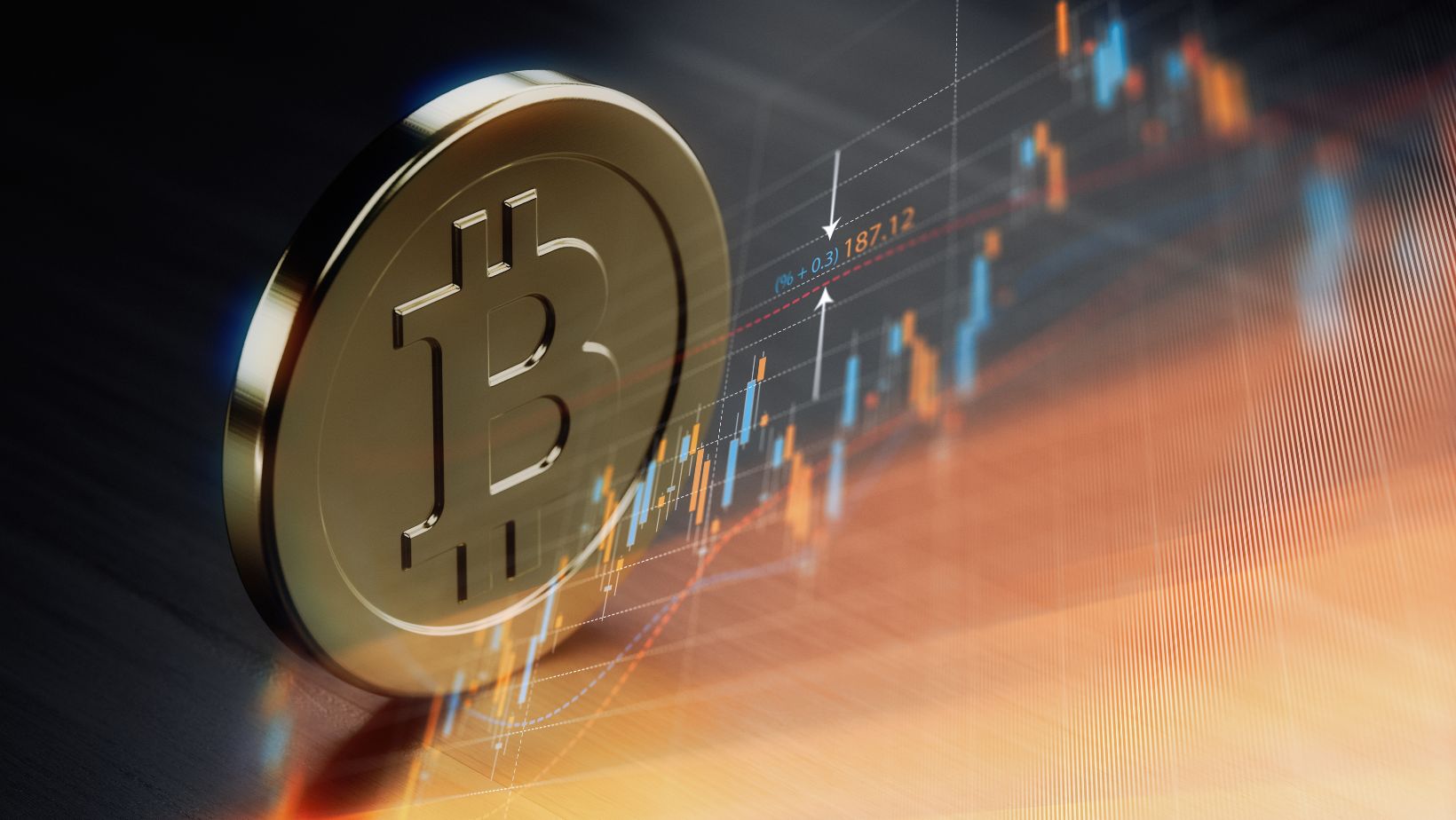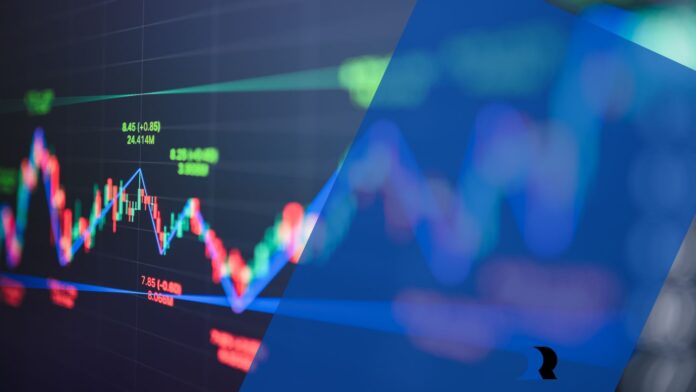Decentralized Exchanges (DEXs) have revolutionized the way we trade digital assets. Unlike traditional exchanges, DEXs operate without intermediaries, enabling users to trade directly with one another. In this article, we will delve deep into the world of DEXs, exploring their inner workings, advantages, challenges, prominent platforms, the future landscape, and essential security considerations. Discover Immediate Definity 360 and unleash your financial potential with tailored educational content that transforms you into a well-informed investor.
How Decentralized Exchanges Work
Smart Contracts and Blockchain Technology
At the core of DEXs are smart contracts, self-executing agreements written in code. These contracts facilitate the exchange of assets by automating order matching and settlement, removing the need for a centralized authority.
Peer-to-Peer Trading Mechanisms
DEXs enable peer-to-peer trading, allowing users to interact directly with each other. Traders can create, modify, or cancel orders without relying on a central party to facilitate these transactions.
Order Matching and Liquidity Pools
Order matching on DEXs typically relies on liquidity pools. These pools are collections of tokens provided by users, ensuring there are assets available for trading. When a trade occurs, assets are swapped directly between the users, and the liquidity pool balances are adjusted accordingly.
Advantages of Decentralized Exchanges
Security and Control of Funds
One of the foremost advantages of DEXs is the control users have over their funds. Users retain ownership of their assets and execute trades directly from their wallets, reducing the risk of funds being held by a third party.
Transparency and Trustlessness
DEXs operate transparently on blockchain networks, providing real-time access to trading data. This transparency fosters trust among users, as all transactions are recorded on a public ledger.
Enhanced Privacy
While transactions on traditional exchanges are often subject to KYC (Know Your Customer) and AML (Anti-Money Laundering) requirements, DEXs offer greater privacy. Users can trade without revealing their identity, enhancing their privacy and security.
Global Accessibility
DEXs are accessible to anyone with an internet connection, removing geographic restrictions. This accessibility opens up opportunities for traders worldwide, promoting financial inclusion.
Challenges and Limitations
Scalability Issues
Many DEXs struggle with scalability as they operate on the Ethereum blockchain, which can become congested during periods of high demand. Layer 2 solutions are being developed to alleviate this challenge.
Regulatory Concerns
The regulatory landscape for DEXs remains uncertain in many jurisdictions. Compliance with local regulations and international standards presents a challenge that DEX operators and users must navigate carefully.
Liquidity Challenges
Newer DEXs may face liquidity challenges, as they rely on users to provide assets to the liquidity pools. This can result in limited trading pairs and price slippage for larger trades.
User Experience and Complexity
The decentralized nature of DEXs can be intimidating for newcomers. Managing wallets, interacting with smart contracts, and understanding order books may require a learning curve for some users.
Prominent Decentralized Exchange Platforms
Uniswap
Uniswap is a pioneer in the DEX space, known for its automated market maker (AMM) model. It allows users to swap tokens without relying on order books.
SushiSwap
SushiSwap is a decentralized exchange built on the same AMM principles as Uniswap. It has gained popularity through yield farming and other innovative DeFi features.
PancakeSwap
PancakeSwap operates on the Binance Smart Chain and offers similar features to Uniswap. It is known for lower transaction fees and faster confirmation times.
Binance DEX
Binance DEX is a decentralized exchange developed by Binance, a leading cryptocurrency exchange. It offers a familiar user experience for traders already using Binance.
Others and the Role of DeFi
The DEX landscape is diverse, with numerous platforms catering to specific needs. DEXs play a pivotal role in the broader decentralized finance (DeFi) ecosystem.

The Future of Decentralized Exchanges
Integration with Layer 2 Solutions
To address scalability concerns, DEXs are integrating with layer 2 solutions like Optimistic Rollups and zk-Rollups to enhance transaction throughput.
Cross-Chain Compatibility
DEXs are working towards interoperability, allowing users to trade assets across different blockchain networks seamlessly.
Regulation and Compliance
The future of DEXs hinges on how regulators respond to this evolving technology. Cooperation between the industry and regulatory bodies will shape their development.
Mainstream Adoption and Use Cases
As DEXs become more user-friendly and accessible, they are likely to see increased adoption by retail and institutional investors, as well as expansion into various financial use cases.

Risks And Security Ultimate Practices
Avoiding Scams and Phishing Attempts
Users should exercise caution to avoid fraudulent DEX platforms and phishing schemes, always verifying the authenticity of the platform and services.
Wallet Security and Key Management
Proper wallet security and key management practices are essential to protect assets stored on DEXs. Hardware wallets and secure backup methods are recommended.
Smart Contract Audits and Upgrades
Users should ensure that the DEX they use undergoes regular smart contract audits and upgrades to mitigate vulnerabilities and bugs.
Learning from Past Hacks and Vulnerabilities
Staying informed about past security breaches in the DEX space can help users understand potential risks and take precautionary measures.
Conclusion
In conclusion, decentralized exchanges have transformed the way we trade digital assets, offering numerous advantages while facing their share of challenges. As DEXs continue to evolve and mature, they hold the potential to shape the future of finance by providing a secure, transparent, and accessible means of trading without intermediaries. Staying informed and adopting best practices are key to harnessing the benefits of DEXs while mitigating risks.


